
by Jason Moore | Aug 22, 2017
Josh Trent interviews Jason Moore on topics including:
– We can sometimes spend years trying to develop our wellness intuition. We can speed up this process if we learn the proper ways to track and analyze our biological data through different forms of wellness tech.
– Extreme exercise might make us “better” at certain activities, but this may be at the expense of other parts of our wellness. Technology can help us know when to slow down so we don’t jeopardize important areas of our health.
– HRV can give us incredible insight into other areas of our wellness and how our body functions. We don’t need massive amounts of tracking with HRV, 5 minutes a day for a couple weeks can give us great insight into how we can adjust our lifestyle to improve our wellness.
Tap here to listen to the full conversation!

by Jef Fry | Aug 1, 2017
After many years of study, the health impact of coffee remains mixed. But heart rate variability (HRV) may have a relationship with long-term coffee consumption. A new study of over 15,000 subjects looked at the relationship between coffee consumption and HRV readings.
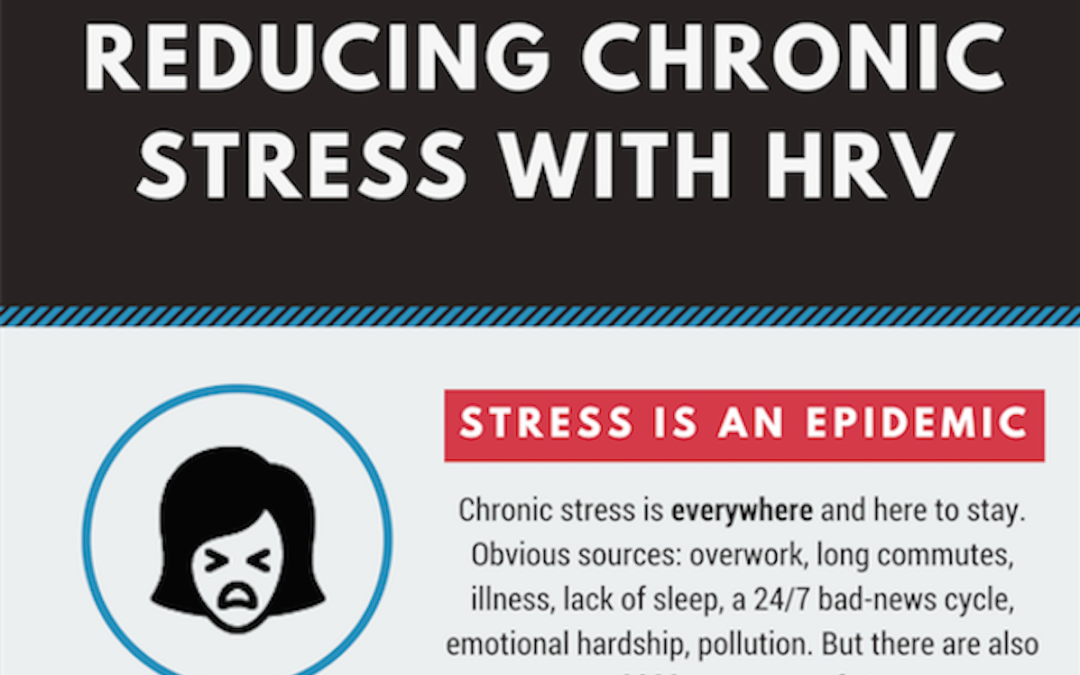
by Jef Fry | Jul 18, 2017
Chronic stress is a feature of modern life. It often comes from hidden, unexpected, hard-to-pin-down sources. With appropriate tracking, heart rate variability (HRV) can help identify these sources of chronic stress.
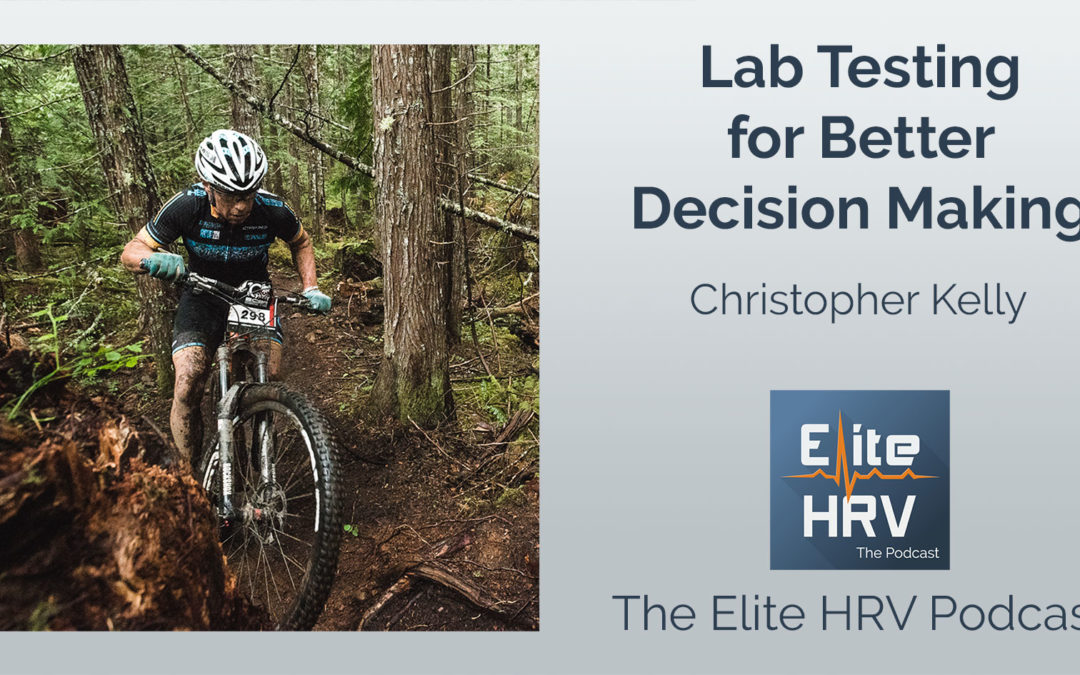
by Jason Moore | Jun 8, 2017
Are all lab tests created equal? Chris Kelly breaks down the lab tests that get the best results for his athletes and health clients.
We talk blood work, hormone and cortisol testing, stool testing, and how to make better decisions given certain lab results. Join me in this great discussion with Chris Kelly of Nourish Balance Thrive!

by Jason Moore | May 20, 2017
Excerpt from Andrew Kemp’s article: “… little research has been done which looks at how the vagus nerve affects body and mind together. That’s why I teamed up with colleagues to question whether previously reported relationships between vagal function and cognitive performance could be explained through a single physiological pathway.”
Tap here to read more on The Conversation.
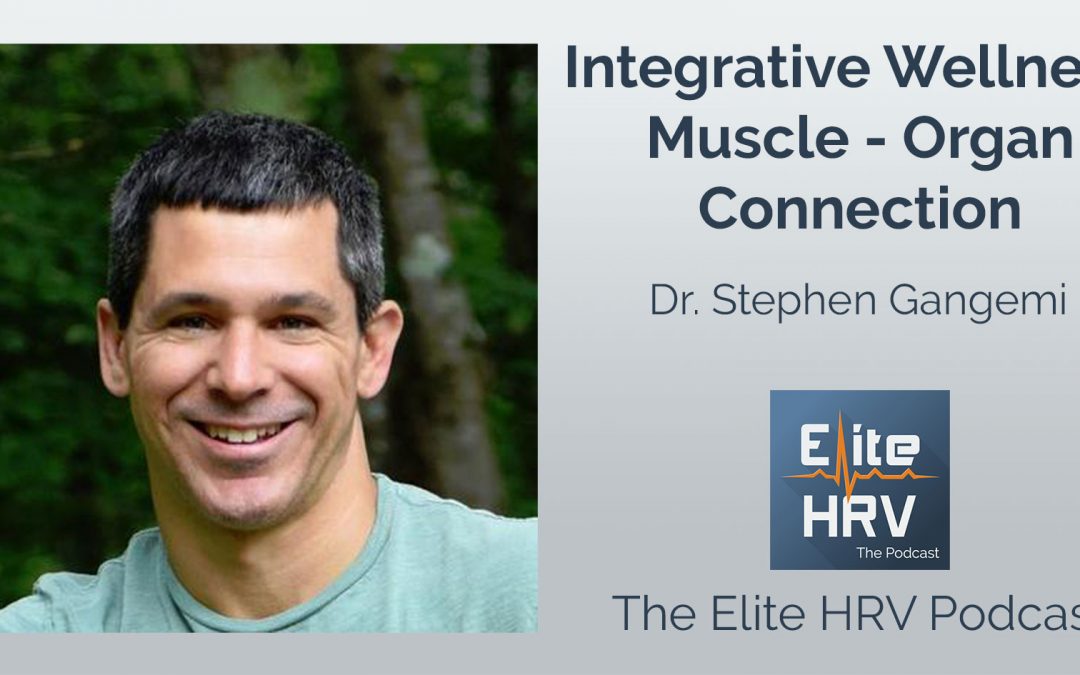
by Jason Moore | Apr 25, 2017
Dr. Steve, the Sock Doc, shares a journey of integrating systems within the body. Connecting the nervous system to organs, muscles, bone, connective tissue and more, Dr. Steve has developed a practice around a concept he calls Systems Health Care – Integrative Wellness.
We talk hormones, asymmetry, dysfunction and simple tests you can perform to become more aware of your own situation. Tap here to listen.
by Jason Moore | Apr 5, 2017
How to Increase Heart Rate Variability with Micronutrients and Supplements Micronutrients such as amino acids, specific vitamins, and minerals can significantly impact your Heart Rate Variability scores and your overall health and performance. We are often asked,...
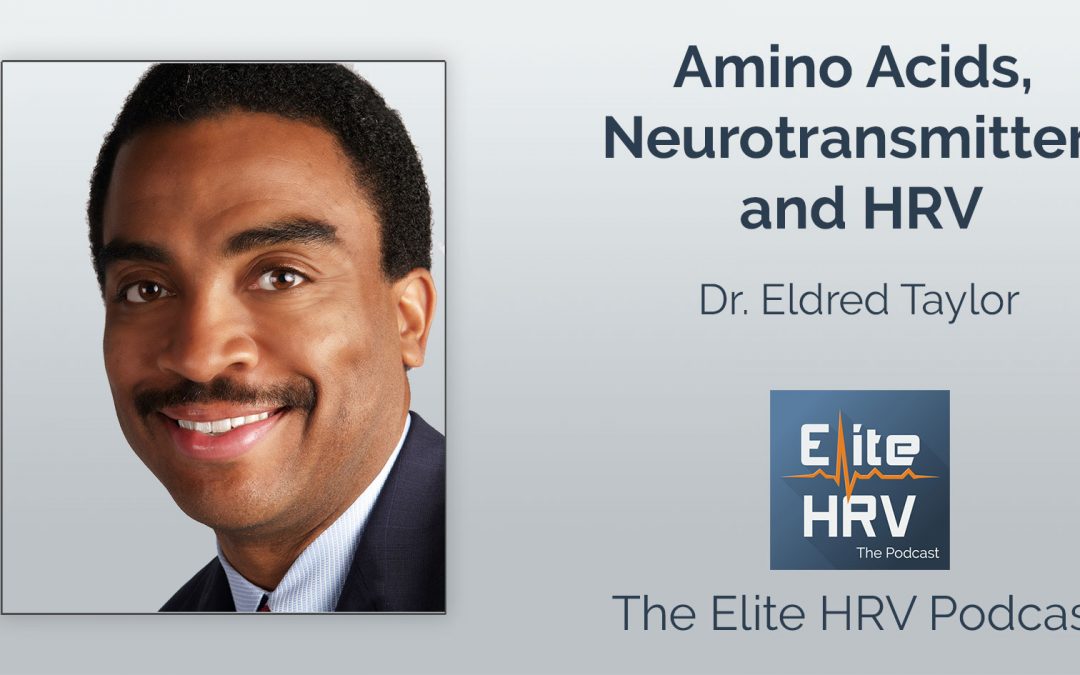
by Jason Moore | Mar 29, 2017
Could micronutrient deficiencies be holding you back?
Dr. Eldred Taylor shares the importance of amino acids for energy and autonomic nervous system health, as well as how they and other micronutrients impact your Heart Rate Variability.
Hint: These topics could be a good place to look if your energy levels, motivation, and general health aren’t where you’d like them to be.
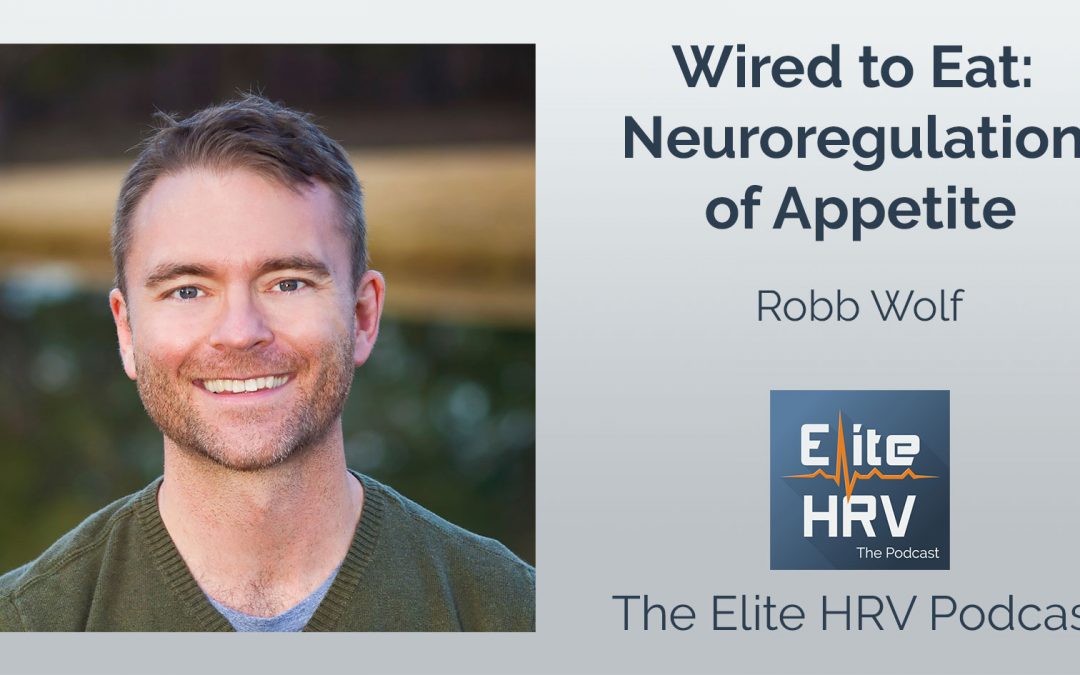
by Jason Moore | Mar 14, 2017
Is it possible to have a nutrition plan that is customized *exactly* for your own individual needs?
Best selling author and former research biochemist Robb Wolf joins us to talk about the failings of one-size-fits-all diets, the neuroregulation of appetite, and much more.
— tap here for topics and to listen
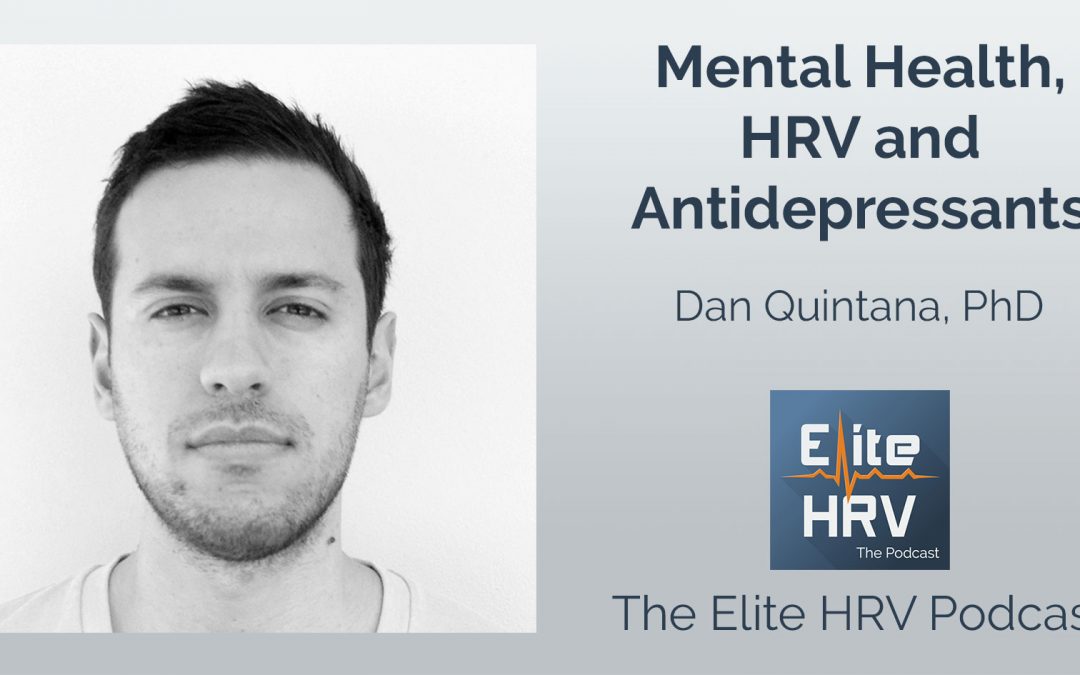
by Jason Moore | Feb 22, 2017
Dan Quintana is a Research Fellow at the University of Oslo and received his PhD in Psychology from the University of Sydney in 2013. His research focuses on the role of heart rate variability, the autonomic nervous system and hormones on mental health. In this episode, we’re going to pick Dan’s brain on the relationship between mental and physical health, autonomic dysregulation, how HRV reflects mental health condition, antidepressants and other interventions.
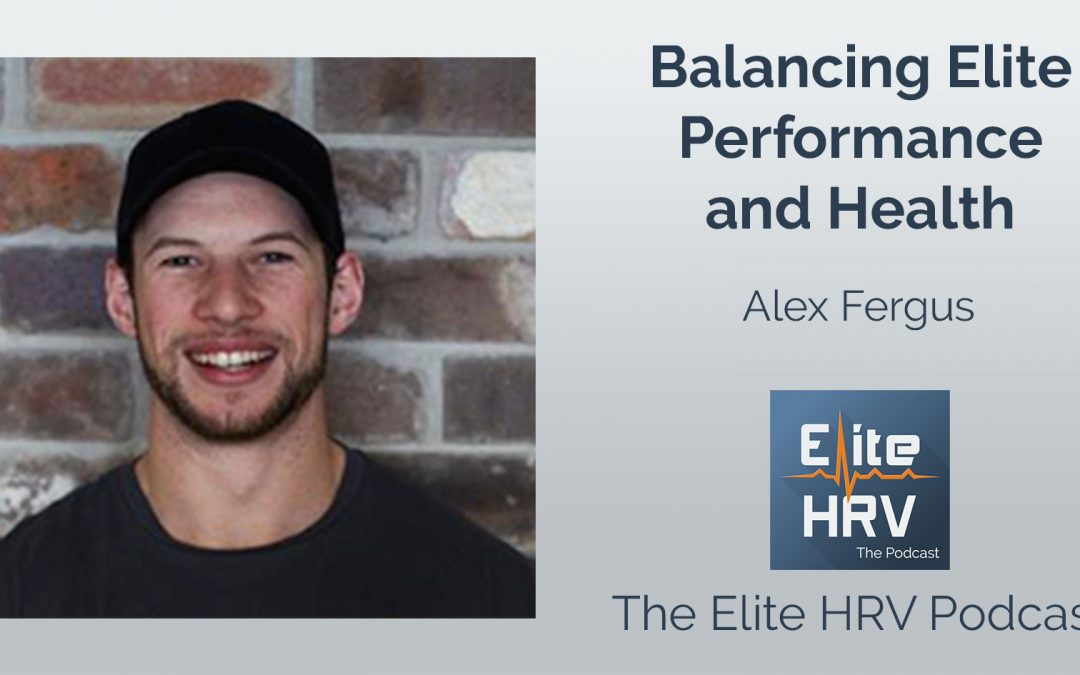
by Jason Moore | Feb 8, 2017
Coach Alex Fergus joins us to share his experiences with balancing elite rowing, competitive powerlifting, and bodybuilding. He has done some extreme tracking along his journey with these sports and now his clients are benefiting too. We cover all sorts of experiments, slow training, and the Ketogenic diet. It is a large discussion filled with plenty of gems throughout.
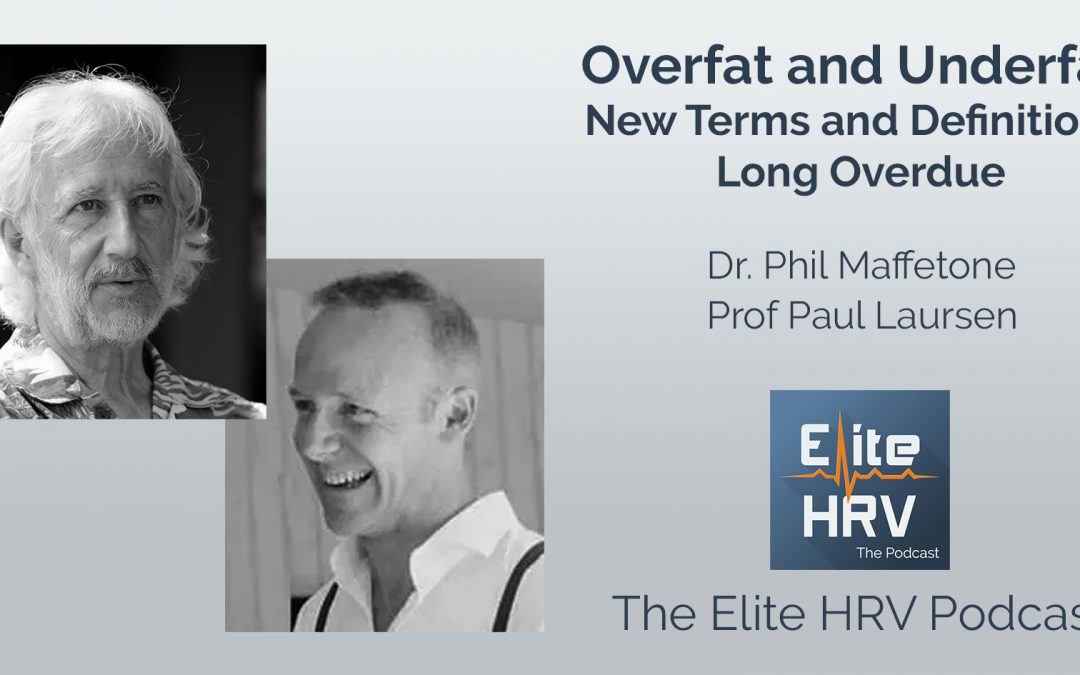
by Jason Moore | Jan 3, 2017
First coverage with Dr. Phil Maffetone and Professor Paul Laursen on their newly published and controversial scientific paper titled: “Overfat and Underfat: New Terms and Definitions Long Overdue.” We discuss the pandemic of people who are “overfat” — defined as having sufficient excess body fat to impair health and how this classification differs from “overweight”. If we’re to truly address the problem, we need to start using the right terminology and not hiding behind propriety (in certain situations). Doctors, researchers and individuals all need to arm themselves to take control of what some are now calling the “world health crisis”.
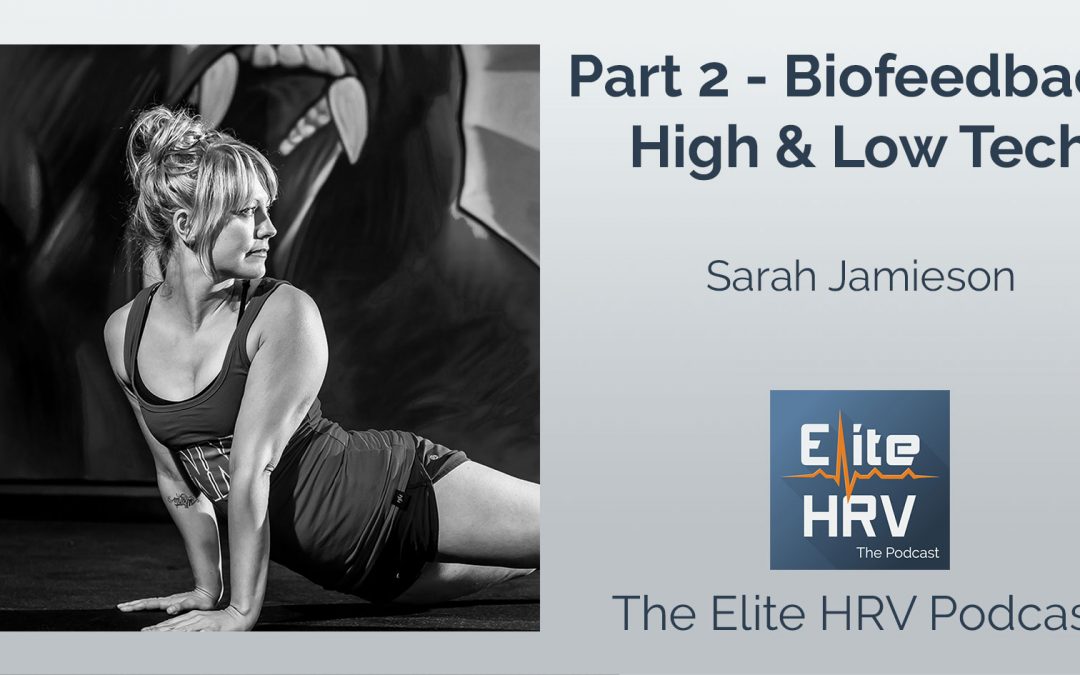
by Jason Moore | Dec 29, 2016
In this part 2 of 2, Sarah Jamieson joins us to discuss both high tech and low tech biofeedback tools as well as topics such as how to prepare your body for the unexpected, unconventional training tools, movement patterns for all ages, and how to incorporate HRV into your business model.
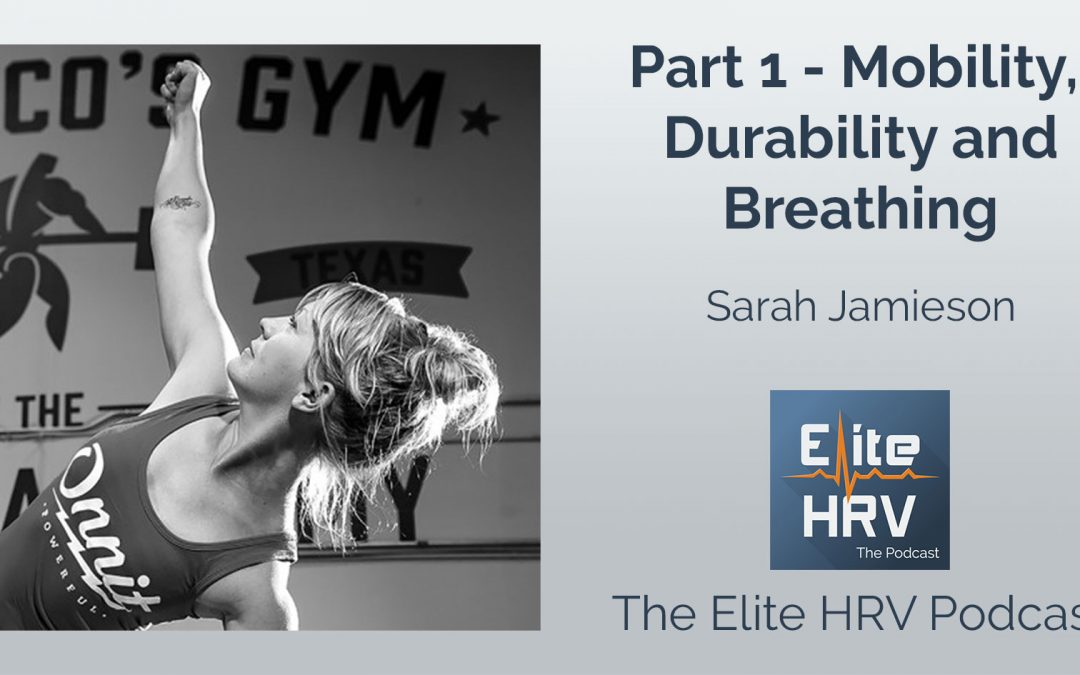
by Jason Moore | Dec 22, 2016
Movement is an essential ingredient for optimal health and performance. In this part 1 of 2, Sarah Jamieson joins us to discuss mobility and durability and break down how your movement patterns are formed, how they degrade with time/bad habits, and what you can do about it.
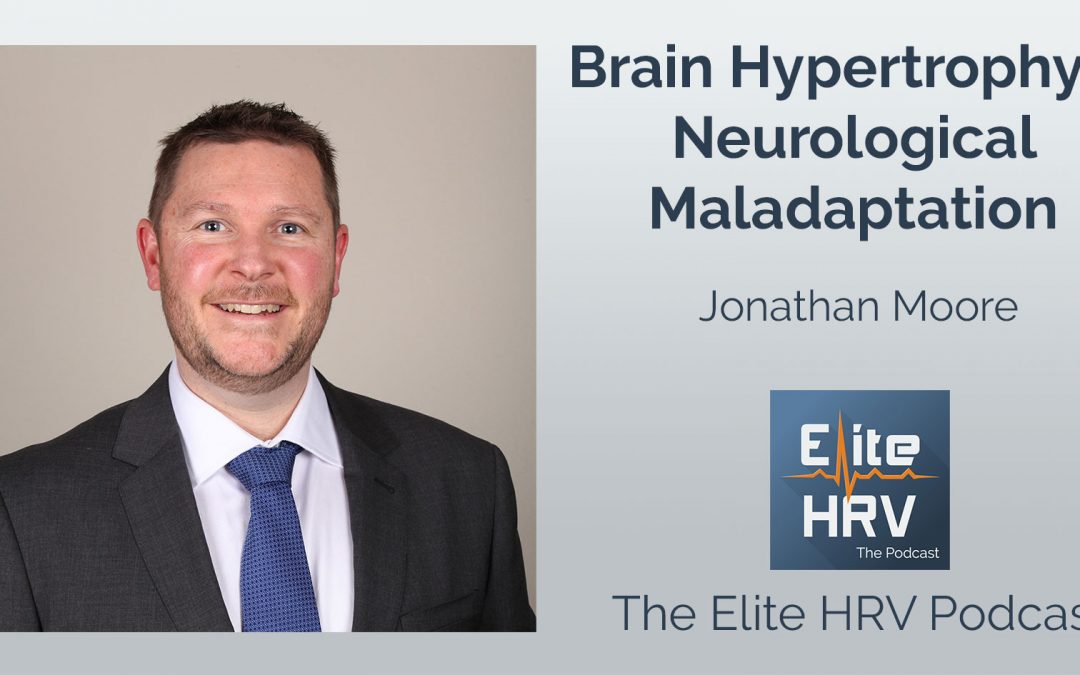
by Jason Moore | Dec 13, 2016
Jonathan Moore, a qualified Chiropractor from Sydney Australia, joins us to delve deeper into the brain and the neurological system. He explains how stress causes real, physical change within the brain and affects neuroplastic adaptation, and how these physical changes actually affect our tolerance of future stress, as well as affect our energy levels, our ability to perform critical thinking, motivation, the immune system, and more.
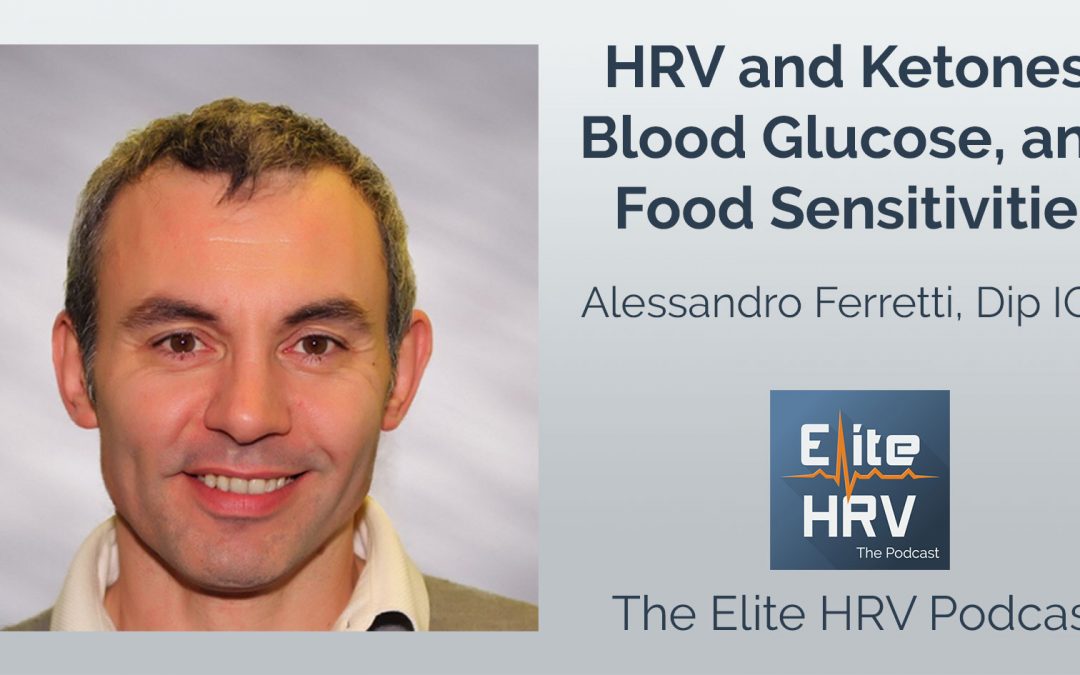
by Jason Moore | Nov 21, 2016
In this episode, Alessandro Ferretti joins us to discuss blood glucose, ketones, ketogenic diets, and of course how it all relates to health, performance and Heart Rate Variability. We also cover some useful topics such as how to use HRV for food sensitivity testing, how to establish a personal glucose baseline and when best to measure blood glucose, and ideal ketone thresholds for exercise and training.

by Jason Moore | Nov 18, 2016
Training for a world championship or the Olympics? Not many people make it to that level, but Dr. Daniel Plews and Professor Paul Laursen join us to share what it’s like to train for world class competitions. We cover a lot including HRV patterns of various training phases, acute to chronic ratio relationship to injury, when to establish an HRV baseline in an endurance program, preparing for Kona Ironman World Championships and Olympics, diet choices, the risk of academia, and much more.
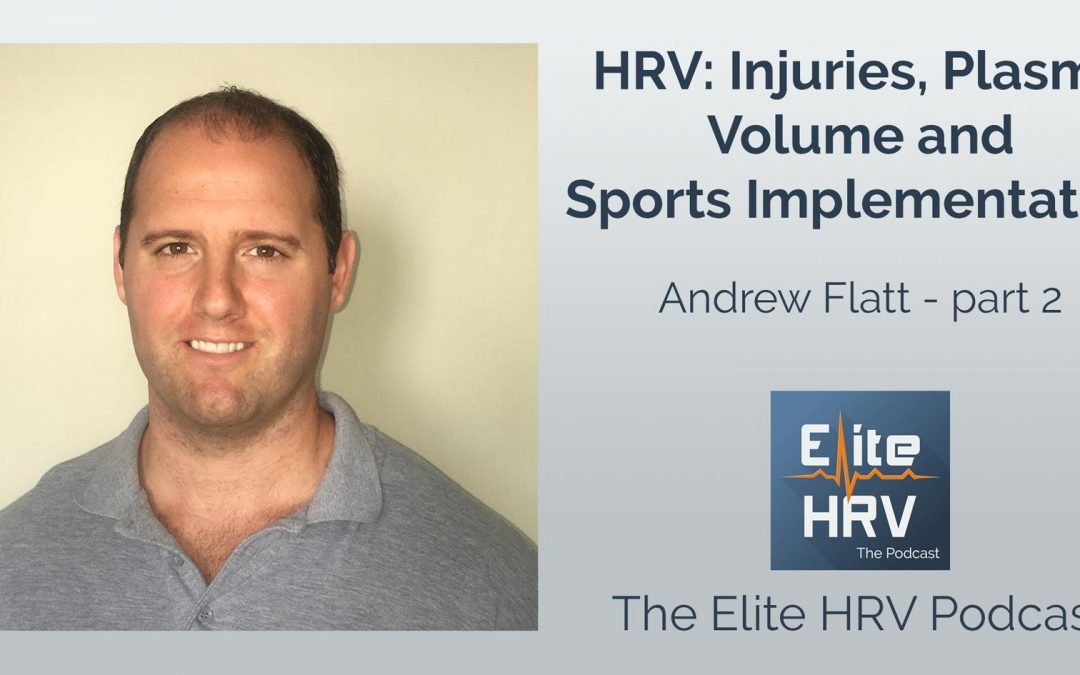
by Jason Moore | Nov 10, 2016
Andrew Flatt round 2: We discuss the role of HRV on a competition day, injury potential in relation to HRV, hydration, plasma volume, how to effectively implement HRV for sports and training, and when not to use HRV monitoring.
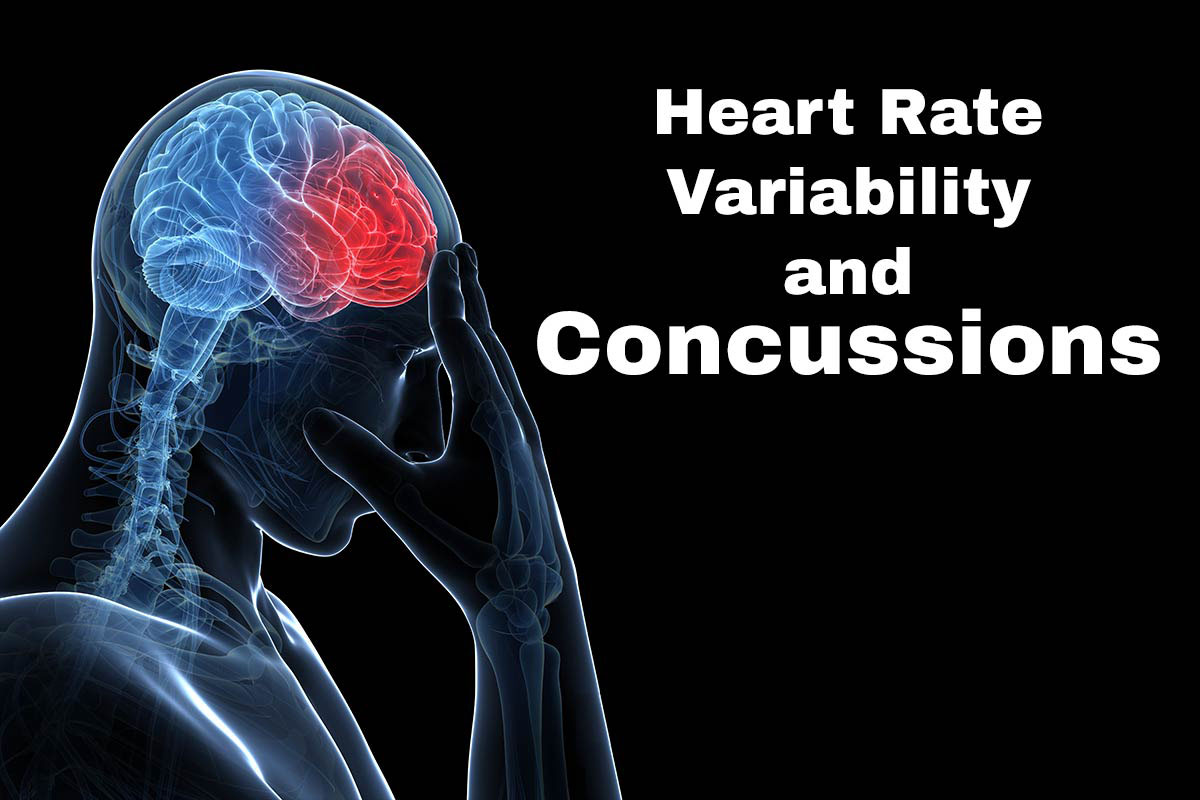
by Elite HRV | Nov 9, 2016
Heart Rate Variability is an objective tool that can be used to help determine a person’s status in the healing process after receiving a concussion. It can help remove bias to ensure a person who sustained a mild traumatic brain injury is physiologically ready to return to normal activity.
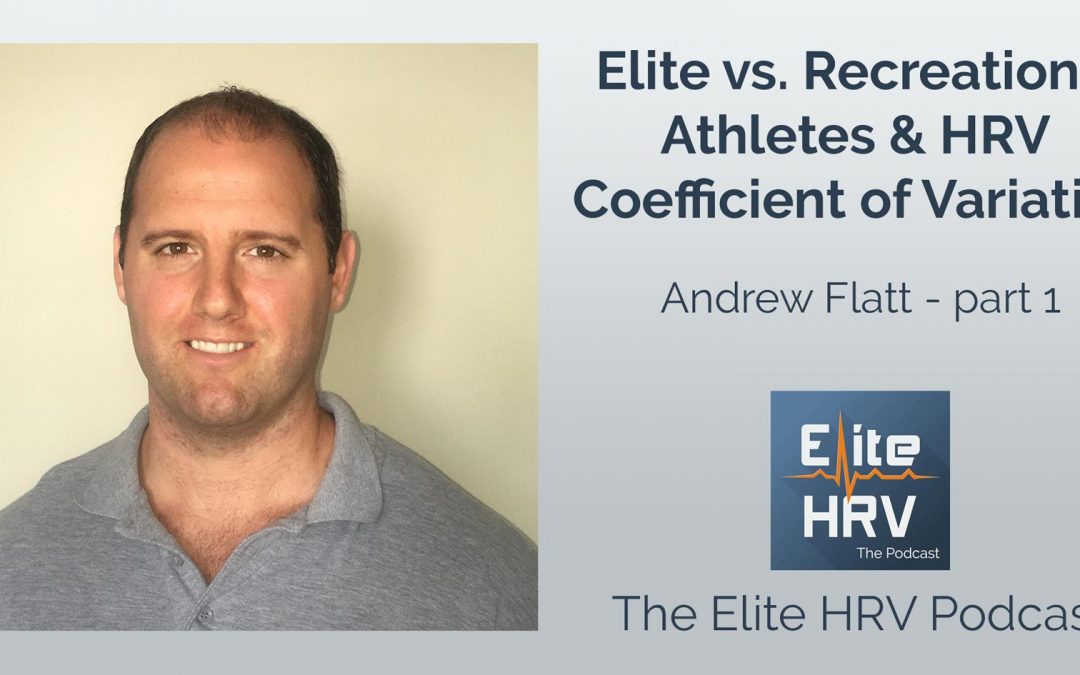
by Jason Moore | Nov 4, 2016
Andrew Flatt goes deep into the research and application of HRV monitoring for athletes and sports teams. Andrew works extensively with elite level athletes and is one of the emerging names in athlete monitoring research.


















